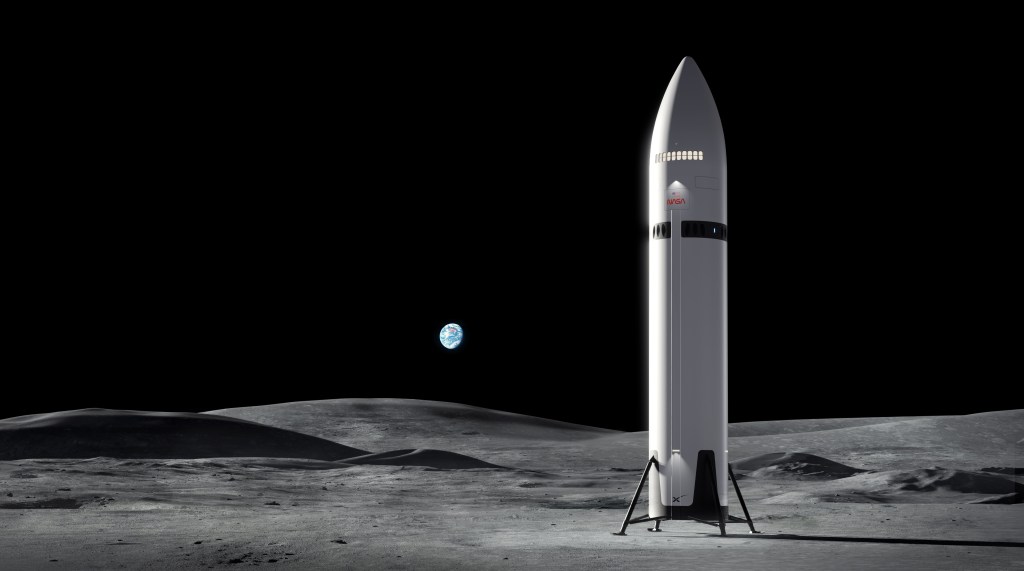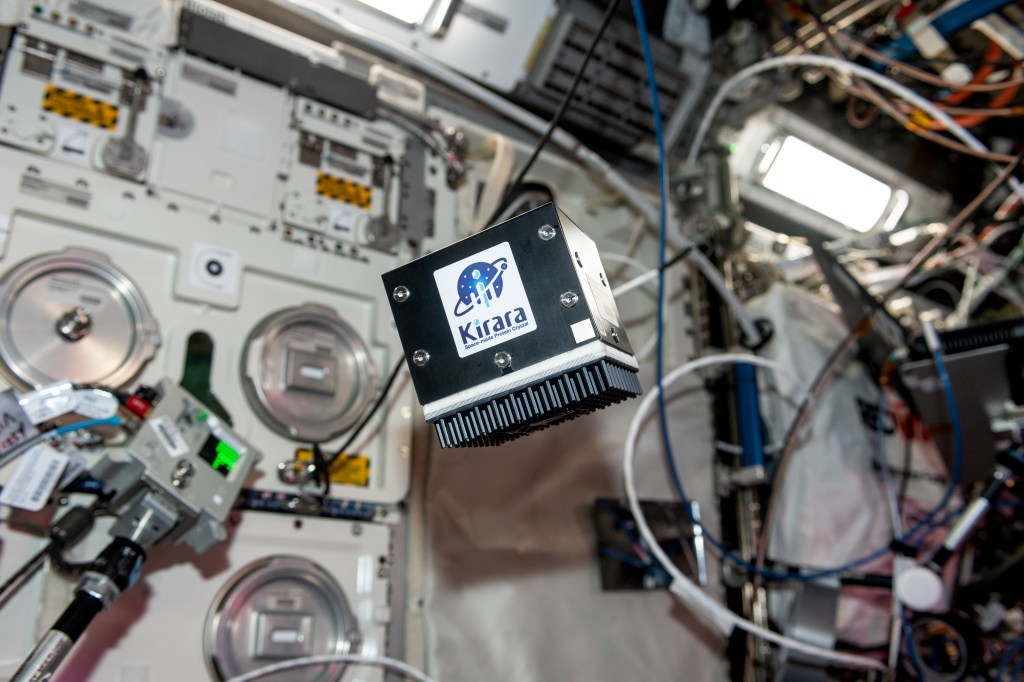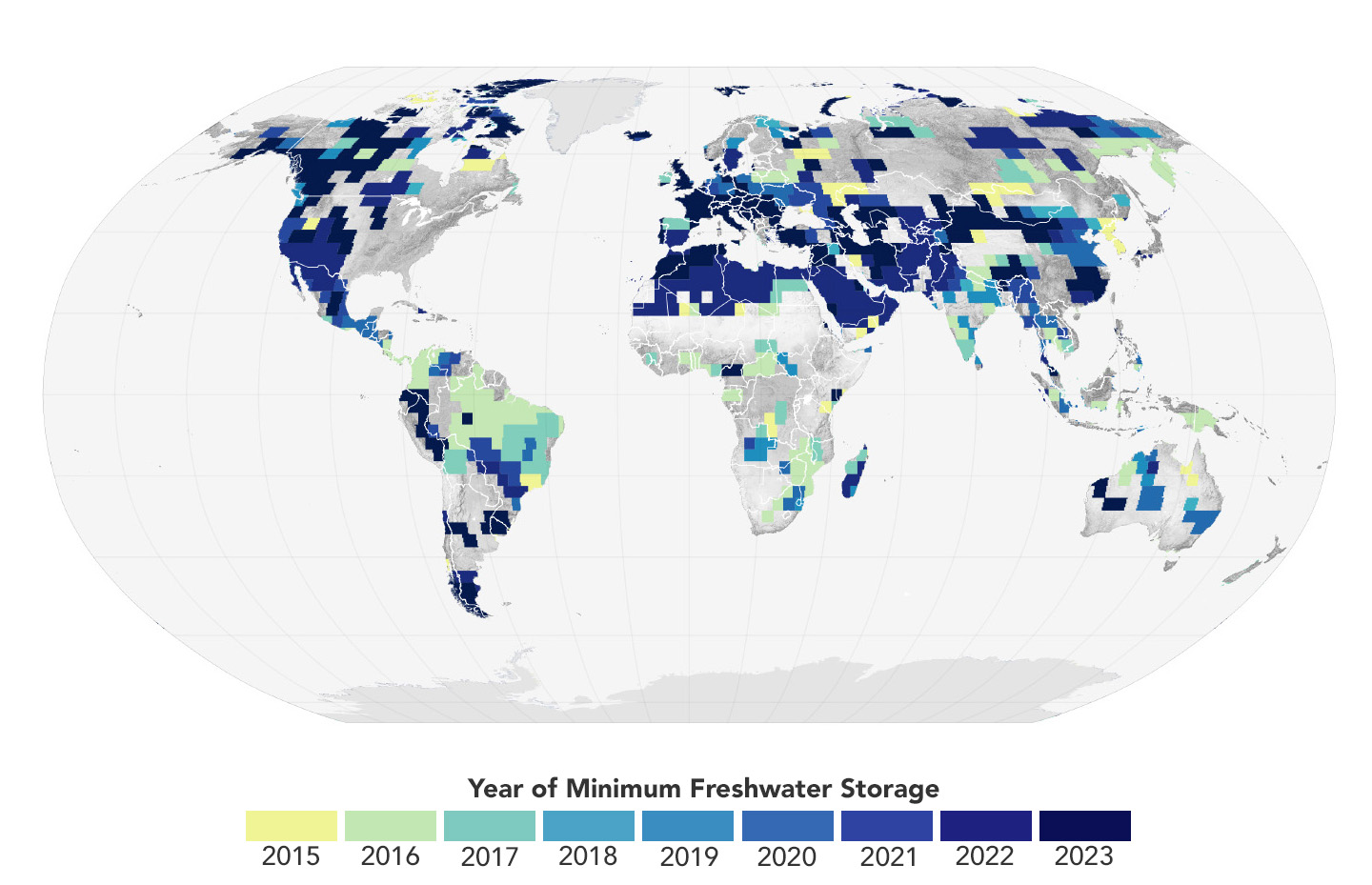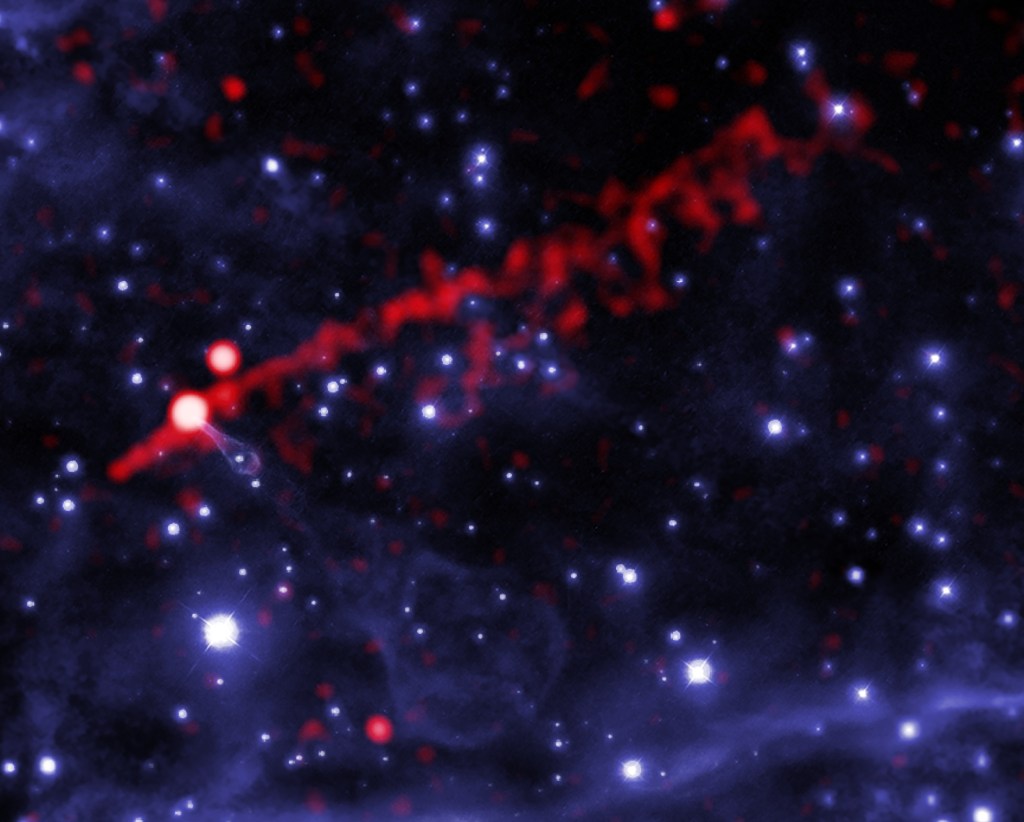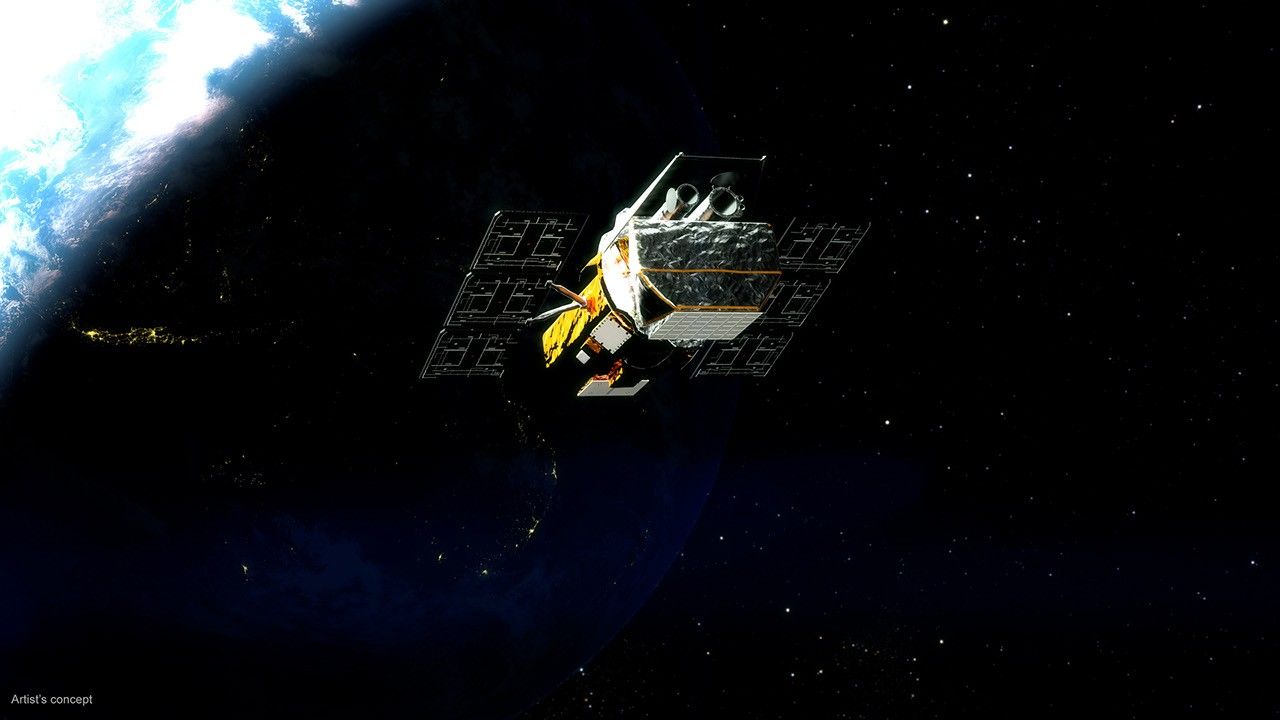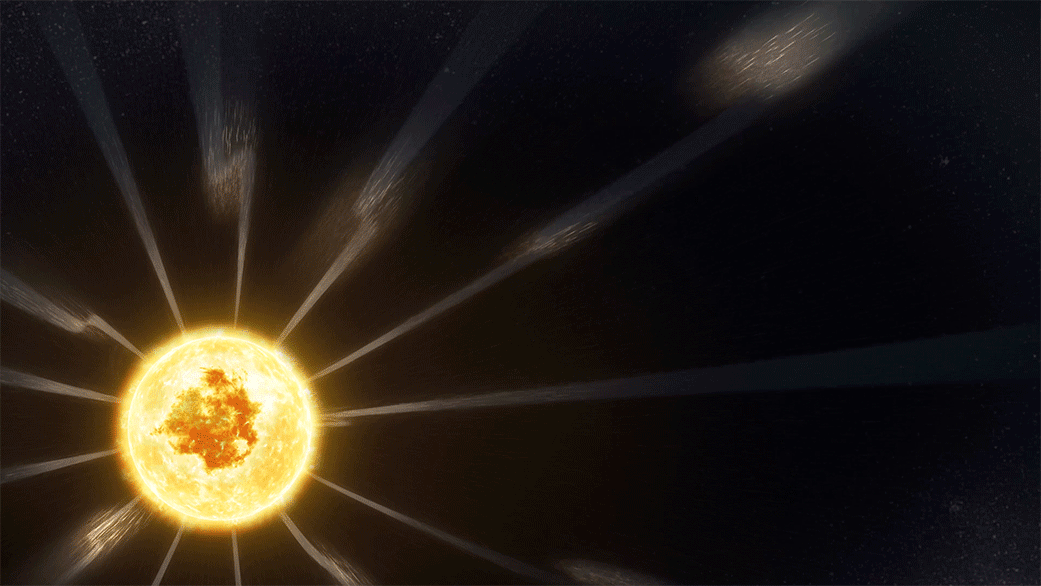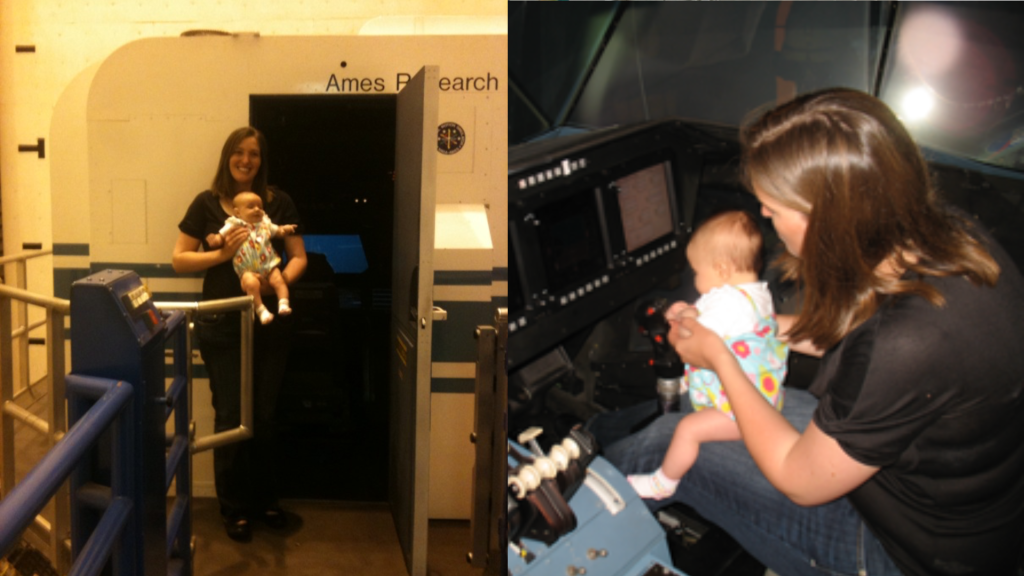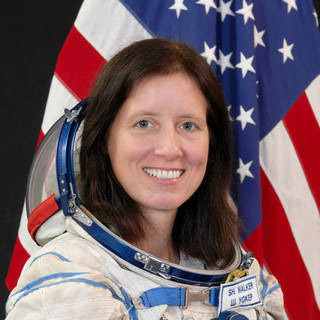
Shannon Walker
NASA Astronaut
Summary
Shannon Walker was selected by NASA to be an astronaut in 2004. She holds a Bachelor of Arts degree in Physics, as well as Master of Science and a Doctor of Philosophy degrees in Space Physics, all from Rice University in Houston. Dr. Walker’s first space flight was in 2010, a long-duration mission on the International Space Station (ISS). She served as the pilot on the Soyuz spacecraft that took her and her crew to the ISS and served as a Flight Engineer on the Station for Expeditions 24 and 25. That mission lasted 163 days, with 161 of them on the ISS. Her second mission was also a long-duration flight on the ISS. This time she was a Mission Specialist on the Crew-1 SpaceX Crew Dragon vehicle named Resilience, which launched in November of 2020. She was a Flight Engineer on the ISS during Expedition 64 and was the ISS Commander for Expedition 65 until her crew returned to Earth in May of 2021. This mission totaled 167 days.
Personal
Born June 4, 1965 in Houston, Texas. Married to astronaut Andy Thomas. Recreational interests include cooking, running, weight training, camping, and travel. Her mother, Sherry Walker, resides in Houston, Texas. Her father, Robert Walker, is deceased.
Education
Graduated from Westbury Senior High, Houston, Texas, in 1983; received a Bachelor of Arts degree in Physics from Rice University in 1987; received a Master of Science and a Doctor of Philosophy in Space Physics from Rice University in 1992 and 1993, respectively.
NASA Experience
Dr. Walker began her professional career with the Rockwell Space Operations Company at the Johnson Space Center in 1987 as a Robotics Flight Controller for the Space Shuttle Program. She worked several Space Shuttle missions as a Flight Controller in the Mission Control Center, including STS-27, STS-32, STS-51, STS-56, STS-60, STS-61, and STS-66. From 1990 to 1993, Dr. Walker took a leave of absence from the Johnson Space Center to attend graduate school, where she studied the solar wind interaction with the Venusian atmosphere. In 1995, she joined NASA’s civil service and worked in the International Space Station (ISS) Program. Dr. Walker performed robotics integration, working with the International Partners in the design and construction of the robotics hardware for the space station. In 1998, she joined the Mission Evaluation Room (MER) as a manager responsible for coordinating the resolution of on-orbit technical problems for the ISS. In 1999, Dr. Walker moved to Moscow, Russia to work with the Russian Space Agency and its contractors to do avionics integration for the Station as well as set up a program of integrated technical problem solving amongst the International Partners. She returned to Houston in 2000 after a year in Russia and became the technical lead for the station MER as well as the Deputy Manager of the ISS Program’s On-Orbit Engineering Office. Prior to selection as an astronaut candidate, Dr. Walker was the Acting Manager of the On-Orbit Engineering Office.
Selected by NASA as an astronaut in May 2004, Dr. Walker completed Astronaut Candidate Training in February 2006. Her training included scientific and technical briefings, intensive instruction in Shuttle and International Space Station systems, physiological training, T-38 flight training, and water and wilderness survival training. She also completed qualifications in the spacewalk skills program and the Canadian Space Agency Mobile Servicing System (MSS) Robotics Operator (MRO) course.
Following her Astronaut Candidate Training, Dr. Walker assumed the duties as the crew support astronaut for the Expedition 14 crew. As a crew support astronaut, she was the primary contact for all crew coordination, planning, and interactions, and was the primary representative for the crew while they were in space. In addition, Dr. Walker worked as a Spacecraft Communicator (CAPCOM) in the Mission Control Center in Houston. In that role, she was the primary communications link between the crew on the Space Station and the ground support team. Her work as a CAPCOM culminated in her assignment as the lead Space Station CAPCOM for the STS-118 Shuttle mission which docked with the Station, carried out four spacewalks, and added the S5 truss to the station.
In the summer of 2007, Dr. Walker began training for a long-duration flight on the International Space Station. Initially assigned as a backup Expedition 19 crewmember, she also served as a backup crew member for Expedition 21/22 before being the primary crew member for Expeditions 24 and 25.
In February of 2020 she was assigned to the Crew-1 flight, another long duration mission on the ISS.
After her flights, Dr. Walker held a variety of leadership positions within the Astronaut Office, including being the Branch Chief of the Soyuz Branch, Branch Chief of the ISS Operations Branch, Branch Chief of the Assigned Crew Branch and the Supervisor for the 2021 Class of Astronauts.
Dr. Walker is currently the Deputy Chief of the Astronaut Office.
Spaceflight Experience
Expeditions 24/25 (June 15 through November 25, 2010). Dr. Walker launched and served as Flight Engineer (pilot) of the Russian Soyuz spacecraft, TMA-19, on June 15, 2010. Two days later, the Soyuz docked with the ISS and Dr. Walker served as a Flight Engineer for a long-duration mission aboard the International Space Station. She again served as the Soyuz pilot during her crew’s undock and landing, which occurred November 25, 2010. Her entire mission lasted 163 days, with 161 of them aboard the station.
SpaceX Crew-1 and Expeditions 64/65 (November 15, 2020, to May 2, 2021). SpaceX Crew-1 was the first post-certification mission of SpaceX’s Crew Dragon spacecraft and the first operational mission of a Crew Dragon vehicle aboard the International Space Station. She was a Crew-1 Mission Specialist, a Flight Engineer on the ISS for Expedition 64, and the ISS Commander for the beginning of Expeditions 65. She completed 167 days in orbit for this second flight.
For each of her flights to the ISS, Dr. Walker’s contributions covered many areas, including scientific investigations, technology demonstrations, the maintenance of the Station, growing crops, and taking hundreds of pictures of the Earth. Dr. Walker has logged just over 330 days in space.
Awards/Honors
Goethe Institute Scholarship for Study Abroad; Rice Fellowship for Graduate Study; Rockwell Sustained Superior Performance Award; seven Group Achievement Awards, three Going the Extra Mile Awards, a Space Flight Awareness Award for contributions to the International Space Station Program; NASA Space Flight Medals in 2011 and 2021; NASA Distinguished Service Medals in 2011 and 2021.
Pronunciation
SHAN-un WALL-ker





